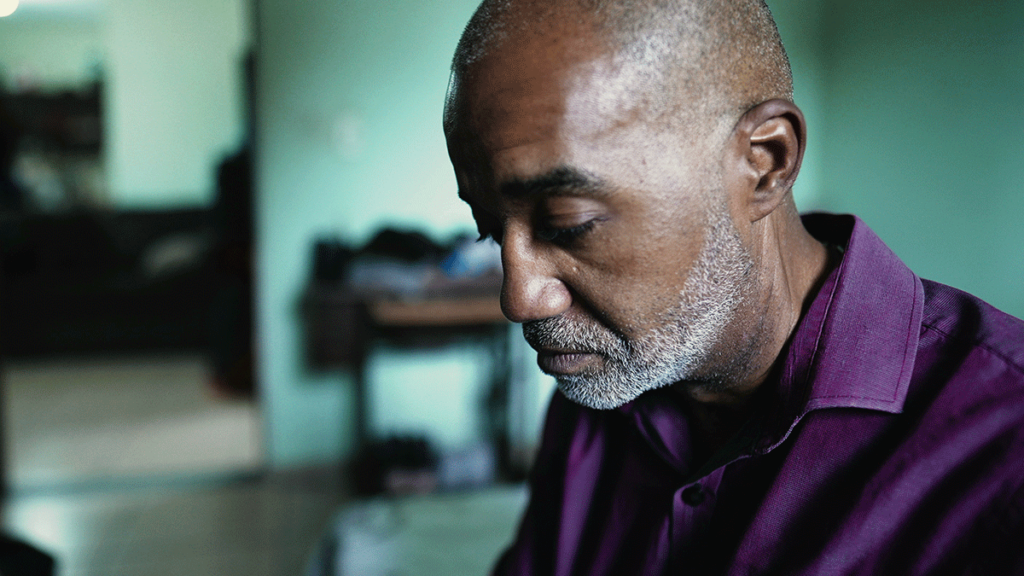Isolation can quietly creep into our lives and significantly impact our mental health. For many, loneliness might seem like just an emotional state. Still, it can have profound effects on behavior, sometimes leading individuals to develop maladaptive coping strategies, such as increased alcohol consumption. Understanding the relationship between loneliness and drinking is vital, especially for those seeking addiction treatment. For those struggling with addiction and a co-occurring issue like seasonal depression, dual diagnosis treatment may be a better fit. If you or a loved one is struggling, contact Promises Brazos Valley online or call 979.426.0086 to learn more.
What to Know About the Link Between Loneliness and Drinking
Loneliness and drinking have a complex relationship, with loneliness often driving alcohol misuse. When people feel disconnected, they may turn to alcohol for temporary relief from emotional pain, which can quickly lead to dependency or addiction.
Many individuals self-medicate with alcohol to cope with feelings of isolation, stress, or anxiety. It can serve as a social crutch, helping facilitate interactions and providing a sense of belonging. For some, drinking acts as an escape mechanism, compensating for a lack of meaningful social connections and allowing a brief escape from reality. Recognizing these behaviors is crucial for addressing the underlying issues. By identifying signs of dependency early, steps can be taken to prevent escalation.
Depression often develops in the fall and winter months. For those already feeling lonely, this seasonal shift can deepen their disconnection, leading them to seek comfort in alcohol. The temporary relief alcohol provides can become a problematic coping mechanism, perpetuating a cycle of loneliness and misuse.
What Is Seasonal Depression?
Seasonal affective disorder (SAD) is a type of depression that occurs at specific times of the year, usually in the winter when sunlight exposure is limited. For many, SAD exacerbates feelings of loneliness, making it even more challenging to maintain healthy routines and social interactions.
Can SAD Lead to Alcohol Addiction?
SAD can increase the risk of developing alcohol addiction due to its impact on mood and behavior. When individuals experience seasonal depression, they may find themselves drinking more frequently as a coping mechanism. The interplay between SAD and alcohol consumption can create a cycle of dependence that is difficult to break without professional help.
Tips for Managing Depression
Managing depression—whether seasonal or chronic—requires a multifaceted approach. Here are some strategies that may help:
- Stay active – Regular physical activity can boost mood and improve overall well-being.
- Establish a routine – Maintaining a consistent daily schedule can help stabilize mood fluctuations.
- Reach out to friends and family – Social support is vital for managing depression.
- Mindfulness and relaxation – Meditation and yoga can reduce stress and promote mental wellness.
While these tips can be beneficial, comprehensive care often involves addressing both mental health and substance use disorders (SUDs) through dual diagnosis treatment. Consulting a mental health professional can provide you with tailored strategies and support.
How Dual Diagnosis Treatment Can Help
Dual diagnosis treatment can help individuals experiencing mental health conditions like depression along with SUDs. At Promises Brazos Valley, we offer specialized programs that address the unique challenges of co-occurring conditions. Our holistic approach includes:
- Integrated care – Combining mental health and addiction treatment to address all aspects of your well-being
- Customized treatment plans – Tailoring strategies to meet individual needs and circumstances
- Comprehensive support – Providing ongoing support throughout recovery, including aftercare planning and community integration
This dual approach ensures that clients receive the necessary tools and resources to manage their mental health and maintain sobriety.
Connect with Promises Brazos Valley and Start Dual Diagnosis Treatment in Texas Today
Loneliness and drinking can be deeply intertwined, especially when compounded by factors like seasonal depression. Understanding this relationship and taking proactive steps toward seeking help can be life-changing. At Promises Brazos Valley, we are committed to offering compassionate, comprehensive care for those seeking recovery. If you or someone you know is facing these challenges, contact us online or call 979.426.0086 today to learn more about our dual diagnosis treatment programs and how we can support your path to healing.

